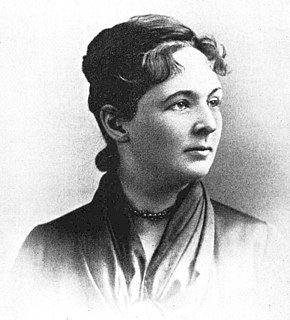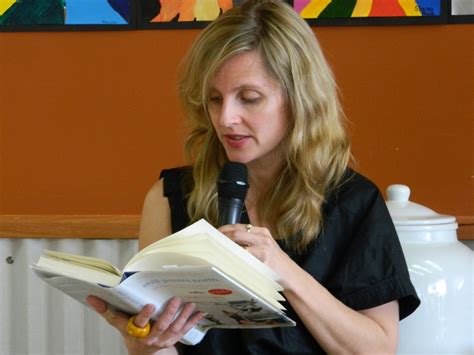Цитата Джейн Гудолл
Это связь между матерью и ребенком, которая на самом деле для нас, шимпанзе и других приматов является корнем всех проявлений социального поведения.
Связанные цитаты
Мы принадлежим к тому отряду млекопитающих, к приматам, отличающимся склонностью к повторяющимся одиночным пометам, интенсивной родительской заботе, большой продолжительности жизни, позднему половому созреванию и сложному и обширному социальному существованию... Наша затянувшаяся биологическая и психологическая беспомощность, которая продолжается до третьего года жизни, усиливает связь между младенцем и родителями, создавая ощущение преемственности поколений. В отличие от других приматов эти связи не стираются после половой зрелости.
С тех пор, как моя мать умерла, мы с отцом установили связь, которая настолько крепче, чем можно себе представить. Имейте в виду, я единственный ребенок, поэтому я всегда был очень близок с обоими родителями. Трагедия, которую пережили мой отец и я, когда умерла моя мать, создала между нами связь, которую не может разрушить никакая сила.




































